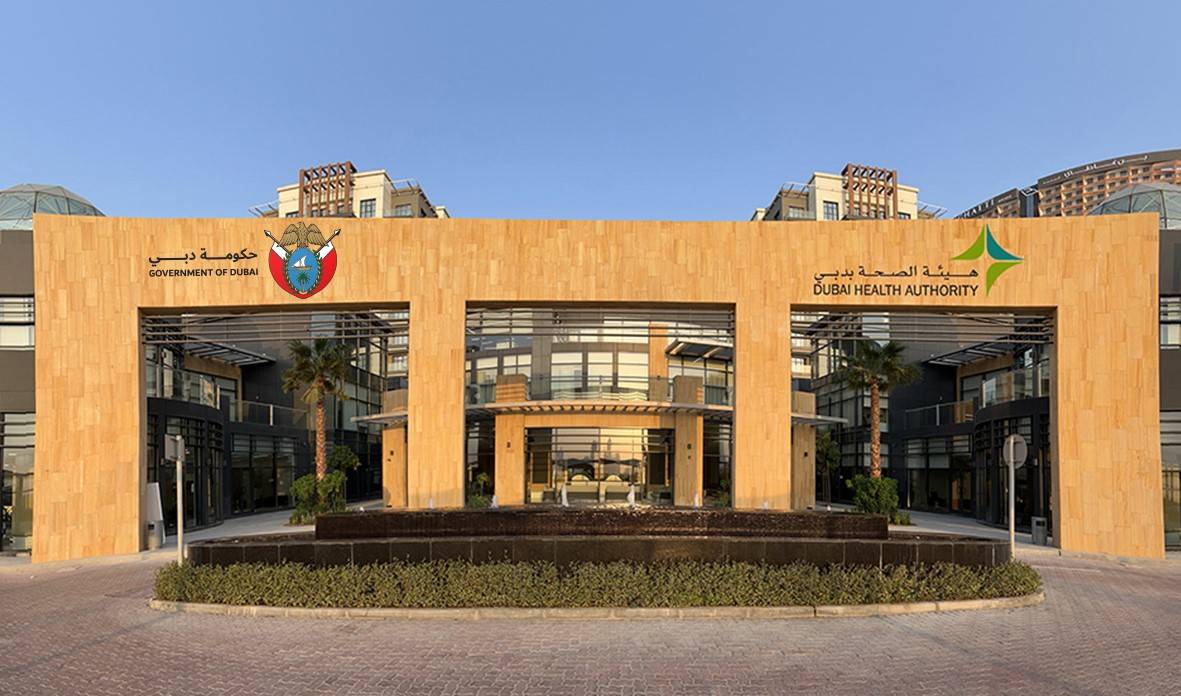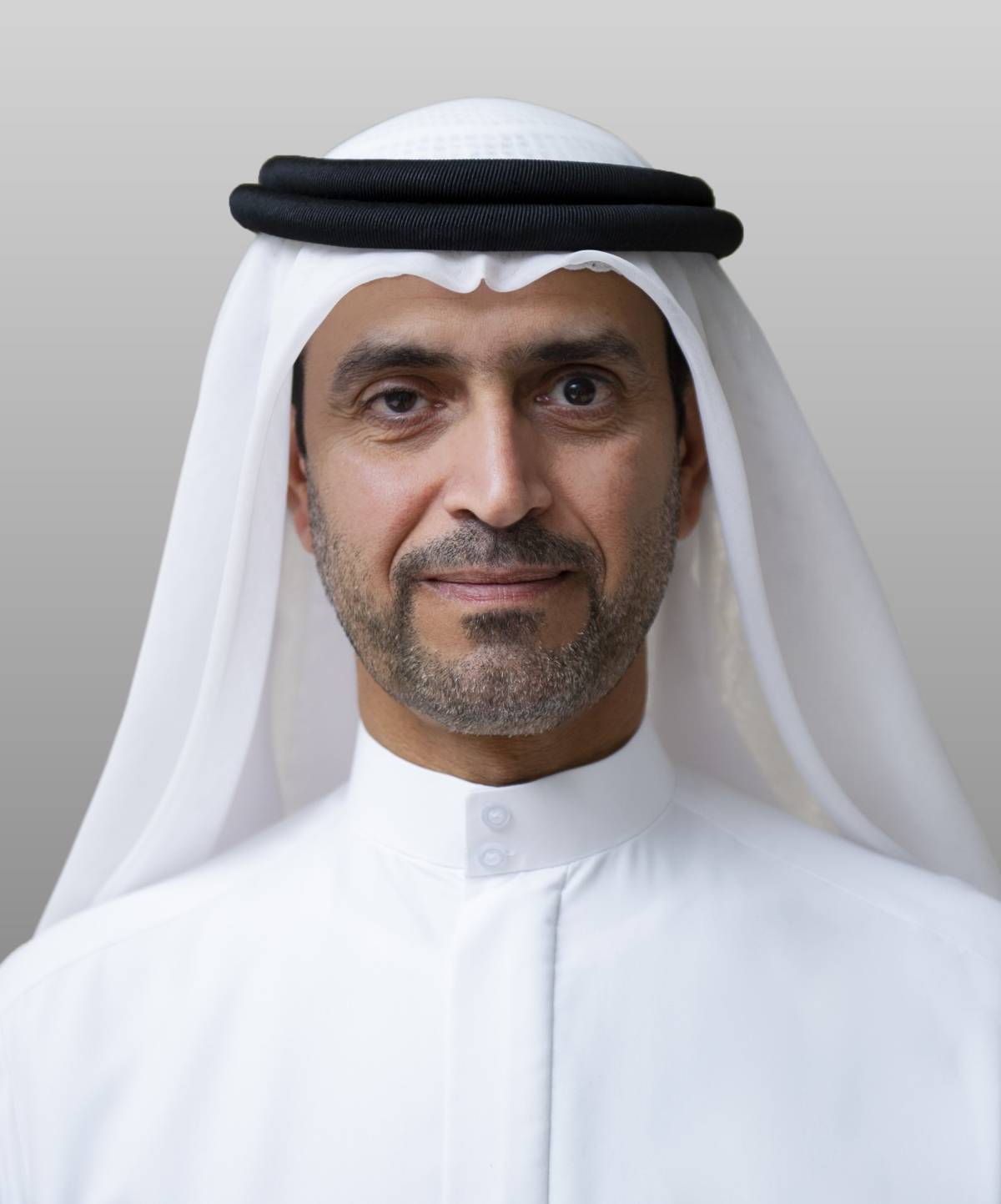Medical tourism: Why international patients are flocking to Dubai for treatment, find out
More than 691,000 international medical tourists spend more than Dh1 billion Dubai

Dubai: Dubai welcomed more than 691,000 health tourists from across the world in 2023, with their collective spending on healthcare services exceeding Dh1.03 billion.
A recent report by the Dubai Health Authority (DHA) has highlighted remarkable growth in the health tourism sector in Dubai in 2023.
This upsurge is evident in the increased number of tourists seeking medical treatment in Dubai and their significant spending on a range of healthcare services.
The report reflects the rising global confidence in the quality and excellence of Dubai's healthcare services across different medical specialties. It also demonstrates the emirate's competitive advantage as a leading health tourism destination regionally and globally.
Furthermore, the report sheds light on DHA's collaborative efforts with its strategic partners to accelerate the growth of health tourism. These endeavours are in alignment with the goals of the Dubai Economic Agenda D33, which strive to double the emirate's economy and elevate its global standing as the preferred hub for business, investment, and tourism.
Spendings
As per the report, Dubai welcomed more than 691,000 health tourists from across the world in 2023, with their collective spending on healthcare services exceeding AED 1.03 billion. These numbers bettered those of 2022, when international health tourist arrivals topped 674,000, with their spending totalling AED 992 million. Dubai's indirect revenues from health tourism stood at a remarkable AED 2.3 billion in 2023. These revenues played a crucial role in elevating Dubai's overall GDP and further boosting vital sectors.
Awadh Seghayer Al Ketbi, Director General of the Dubai Health Authority, emphasised that the rising number of international tourists from every corner of the globe opting for healthcare services in Dubai reflects global trust in the emirate's healthcare sector.

He highlighted Dubai's exceptional service quality, conforming to the latest standards of excellence and healthcare. He also outlined several factors that have significantly bolstered Dubai's health tourism sector. These include enhancements to the emirate's healthcare system through incorporating and leveraging cutting-edge technological advancements, ensuring the availability of top-notch medical expertise, and attractive programmes and initiatives designed for international patients. Furthermore, the competitive pricing provided by healthcare facilities in Dubai and the government's dedication to advancing the health tourism sector through fruitful partnerships aim to enhance the emirate's competitiveness in this domain, further solidifying Dubai's status as a preferred destination for individuals seeking medical treatment and recovery.
Private sector earns praise
Al Ketbi lauded the contributions of the private medical sector in Dubai as a strategic partner to the government sector. He praised their initiatives, facilities, and patient treatment programmes while highlighting their dedication to providing exceptional experiences for international patients in a secure and comfortable environment. This commitment, he added, is supported by a sustainable and advanced infrastructure tailored to meet patient needs and ensure the highest level of satisfaction.
#Dubai welcomes more than 691,000 international medical tourists in 2023.https://t.co/UzC25W6pox pic.twitter.com/ZyMeY0qGOf
— Dubai Media Office (@DXBMediaOffice) August 19, 2024
Asia accounts for big chunk of medical tourists
Based on information from the Dubai Digital Authority, the report highlighted that 58% of international health tourists were women and 42% were men. A significant volume of international medical tourists originated from Asia, comprising 33% of the total, followed by Arab countries within the GCC at 28%, and European countries along with the Commonwealth of Independent States at 23%.
Dubai also succeeded in attracting a substantial number of medical tourists from various regions who sought out experts in key specialties, reinforcing its position as a premier destination for specialised healthcare services.
Provided below is a breakdown of the medical specialisations most sought after by visitors and the region-wise breakup in terms of specialised treatments they sought:
Top 3 in-demand specialties
1. Dentistry - 29%
2. Dermatology - 27%
3. Gynaecology- 13%
Region-wise demand for dermatology
1. Asia - 33%
2. Arab and GCC countries - 28%
3. Europe - 23%
Region-wise demand for dental services
1. Arab and GCC countries - 48%
2. Europe - 20%
3. Asia - 19%
Region-wise demand for gynaecology services
1. Asian countries - 49%
2. European countries - 25%
3. Arab and GCC countries - 13%
Region-wise demand for orthopaedic surgery:
1. Arab and GCC countries - 30%
2. Asia - 29%
3. Europe - 24%
Region-wise demand for plastic surgery
1. Arab and GCC countries - 43%
2. Asia - 21%
3. Europe - 21%
Region-wise demand for ophthalmology services:
1. Asia - 28%
2. Arab and GCC countries - 27%
3. Africa - 21%
Region-wise demand for fertility treatments
1. Asia - 36%
2. Arab and GCC countries - 22%
3. Europe - 21%
Region-wise demand for recuperation and recovery treatments
1. Europe - 35%
2. Arab and GCC countries - 30%
3. Asia - 21%
The statistics provided in the report underscore Dubai's appeal as a hub for specialised healthcare services, welcoming patients from all over the world seeking quality treatment and care in diverse medical disciplines.